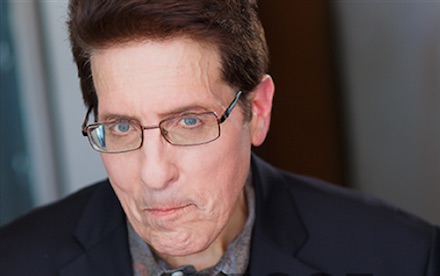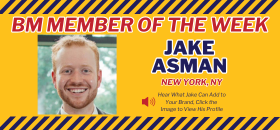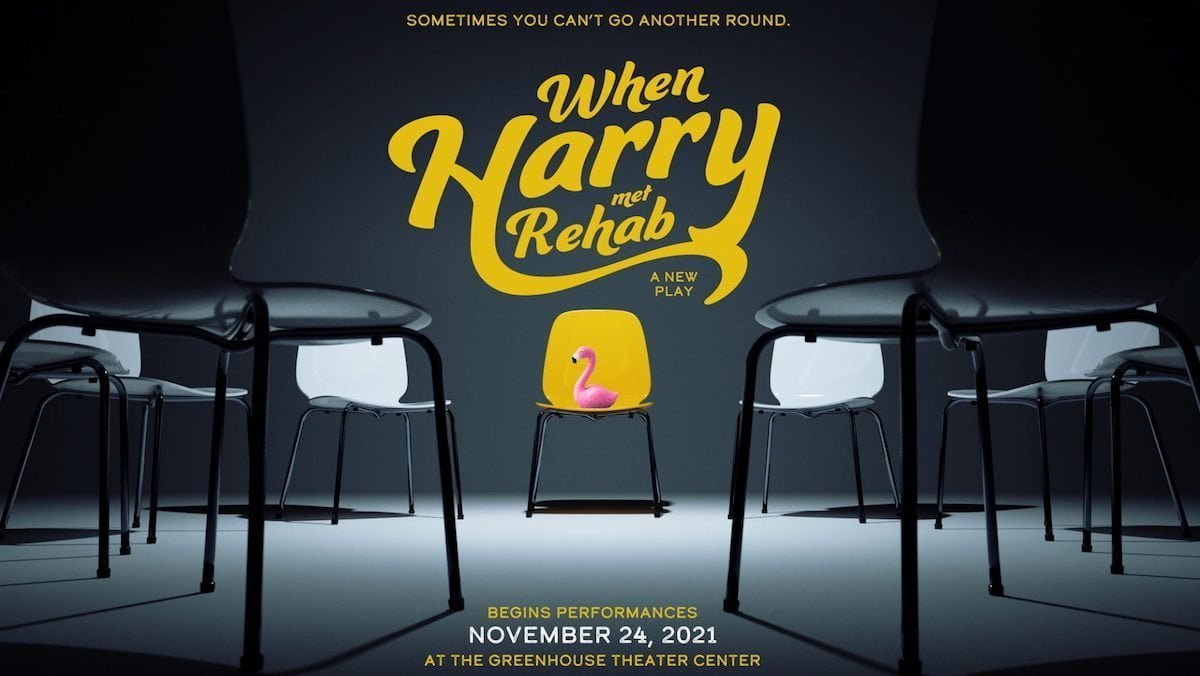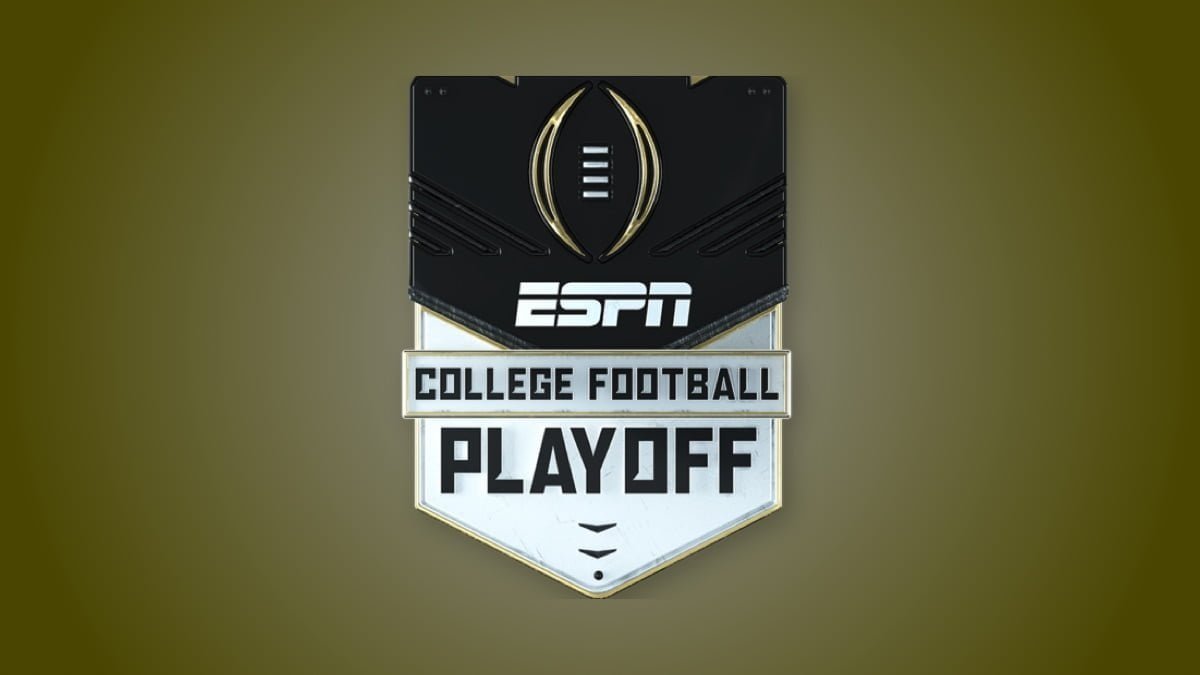It was March 4, 2011. Harry Teinowitz, then one of the afternoon hosts on ESPN 1000 in Chicago, was arrested for driving under the influence. While it may have contributed to him losing his gig with the station a couple of years later, the incident forced him into rehab and ultimately may have saved his life.
Teinowitz had been a fixture in the Chicago sports landscape. He combined a ‘rain man’ like memory for details of games and uniform numbers with a unique voice and unique takes. With a comedy background, Teinowitz was the guy with the off-the-wall commentary. I’ve worked with Harry on a few occasions and you have to be ready for anything, which is actually kind of a cool thing. He challenged you, in a good way, to be on your toes and think quickly on your feet.

After a long career in radio in Chicago, he found himself without a job in the industry. Opportunities weren’t coming as they normally did. Teinowitz took it upon himself to create entertainment from a piece of himself, to share with the audience what it was like for him to go through all that he did.
Thus, When Harry Met Rehab was born. The stage play is currently running in Chicago and has been met with rave reviews. Teinowitz was able to secure the services of Dan Butler, who played Bulldog on Frasier, to play Harry. Melissa Gilbert also stars in the play as ‘Barb’, Harry’s therapist. Of course, you remember Gilbert from Little House on the Prairie.
I caught up with Harry this week to chat about the play and his past life and present.
Andy Masur: What was your life like, before you went into rehab?
Harry Teinowitz: It was fun. A little hectic, and unfulfilled, but fun.
AM: How difficult was it to come to terms with what was happening to you?
HT: I never realized I needed to come to terms until I was a month into rehab.
AM: Did your job in Sports Talk radio contribute to the stresses?
HT: You know it did. My first real job was working for my dad in commercial real estate. It was there I figured out deals aren’t always made in a conference room. They’re made at ball games, in restaurants, and in all kinds of bars. Working for an FM rock station, “The LOOP” (97.9 FM Chicago), was the first time I was going out and doing appearances for the station. They would pick me up then when it was over, they would drive me home, so I could be the life of the party and everybody else there could be at a kick-ass soirée.
In sports radio I had many more of those appearances where I’d say come watch the game with me, I’ll be in this town at this bar. But in order to make our show different a lot of times we would go to a game so we could talk about it from our perspective the next day. Well, you can bet there was alcohol consumption at all these games and when I finish there I know there’s a good chance when the game is over I’d go out afterwards as well.
AM: When did you first get the idea to write a play about your experience?

HT: I have been out of work twice in radio, both times it wasn’t my agent who got me my next job it was me. Just by calling different stations and setting up a meeting with the program director where we could connect and both times, I found a job. Once after four months once after six. However, the third time, nothing was happening.
At a certain point it became clear to me they were just as happy to go with young people who would work for less than I would and that didn’t have a D.U.I. that was in the newspapers four days in a row and even once made it as the second story on the 5:00 news. I was spending so much time trying to get work and I felt like I was wasting my days so I decided I had to create something tangible. I started out with a movie and then five days later I thought, why am I making up a story when there’s one inside of me that’s been burning a hole because it needs to come out?
AM: How difficult was the process of getting all your thoughts together?
HT: It wasn’t that difficult. First, I went from memory, then I went through all the homework that I had done while I was in rehab. Yeah, they give you homework in rehab.
Then I researched the hell out of it and just sort of settled in with the idea because I knew nothing about it and how important it was in getting me on the path to sobriety my story had to be from start to finish about rehab. With the exception of the opening D.U.I. scene that’s exactly what it is. Also, I knew I wanted to have these other characters, I was in there with, be in my play, but I hadn’t written one in the show. Spike (Manton, a former radio partner and the eventual co-writer) asked me if he could read it and after he consumed the script, he said this can’t be a one-man show. We have to bring all these characters to life, so that’s what we did.
About a week after that I asked him, “What do you mean, we?”
AM: Emotionally, what is it like to see the finished product on stage and being acted?
HT: Throughout rehearsals, as I watched it, I felt like it was important I was there. I could make changes and Spike was there watching so he could make changes. We could get the story even better. But, to sit there in the audience for these shows, it’s so bizarre.
A big part of my getting sober was going to these meetings that we go to and I still go to. It was being honest in rehab so I’ve learned to not have any secrets when I’m around other people. They’re in the same program but it’s another thing when they get brought up on stage and everybody kind of goes, “Wow, he did that?”
AM: What do you think of sports radio today? Do you still listen?
HT: That’s a good question. It’s hard for me to listen. I never took one day on the air for granted. I appreciated every day that I got to come to work for that fantasy job. Then because of a really bad decision on my part, it was all taken away from me.

Currently, I have a wonderful publisher who has tasked me with a glorious opportunity. I’ve got a dream producer for the play and he’s focused on this show and has all kinds of plans for it. The possibilities are exciting. The feedback from the audience has been humbling. The critics who have reviewed the show are picking up on everything and I’m so appreciative of all of them for walking into the theater with an open mind and not saying ‘oh great here comes another one of them damn battles with alcoholism stories.’ Obviously, the great reviews mean a lot to me and help drive ticket sales but the specific things they each say invigorates me. So, I’m looking forward to what happens with, When Harry Met Rehab, but my dream scenario is the next thing that I write. Whether it’s with Spike, someone else, our family cat, or one of the kids in the neighborhood, that I would have another opportunity to work with (producer) Don (Clark).
However, I’d be lying if I told you I didn’t think about getting back on radio.
Andy Masur is a columnist for BSM and works for WGN Radio as an anchor and play-by-play announcer. He also teaches broadcasting at the Illinois Media School. During his career he has called games for the Chicago Cubs, San Diego Padres and Chicago White Sox. He can be found on Twitter @Andy_Masur1 or you can reach him by email at Andy@Andy-Masur.com.







